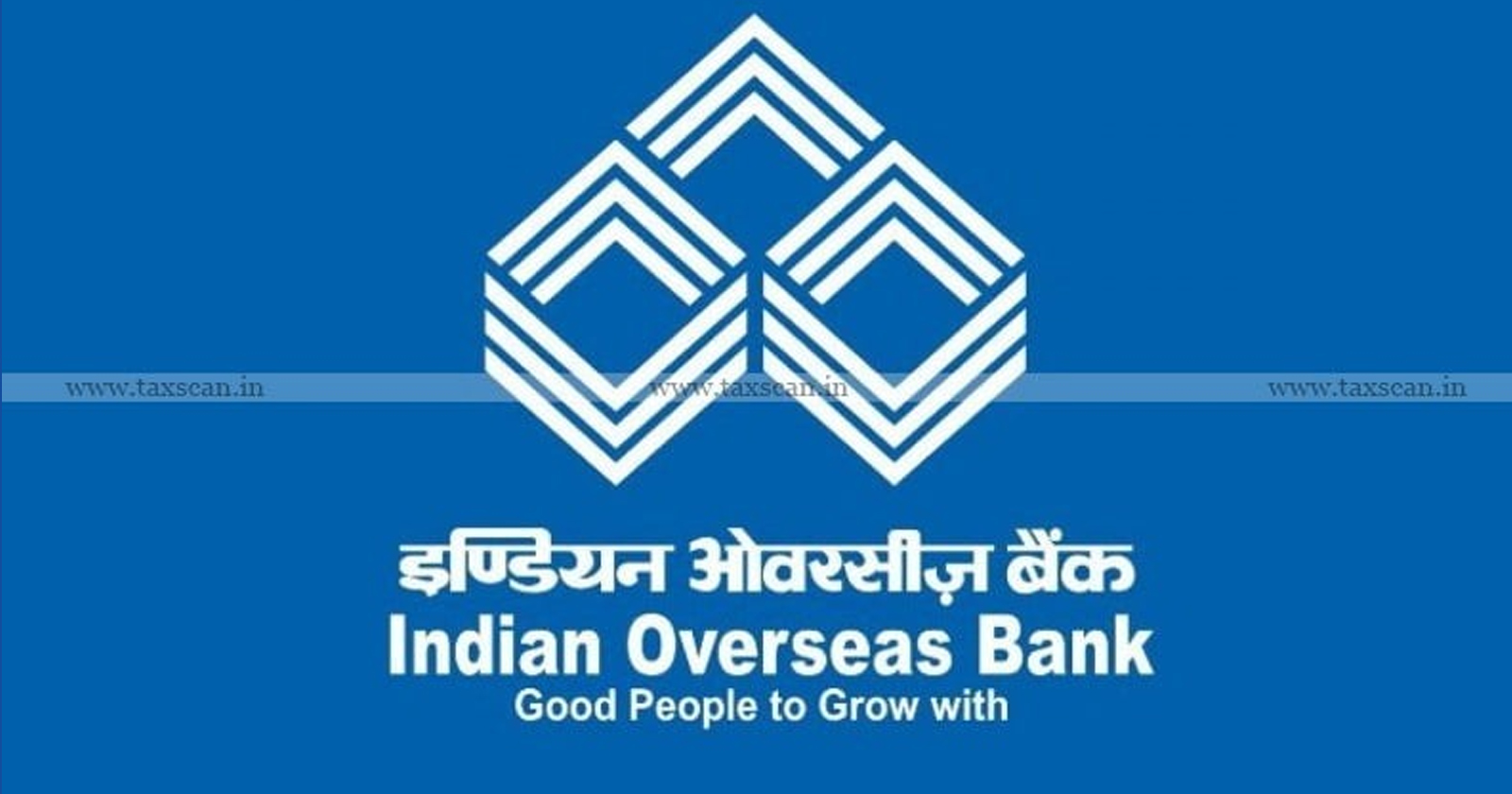Setback to IOB: Madras HC rules Bank cannot file Writ Petition to Protect Interest of Third Party, who Knowingly Purchased Property having Encumbrance [Read Order]

Setback – IOB-Madras- HC – Bank – Writ -Petition – Protect- Interest – Third- Party- Property – Encumbrance-TAXSCAN
Setback – IOB-Madras- HC – Bank – Writ -Petition – Protect- Interest – Third- Party- Property – Encumbrance-TAXSCAN
In a major set back to the Indian Overseas Bank (IOB), the Madras High Court ruled that the Bank cannot file writ petition to protect interest of third party, who knowingly purchased property having encumbrance.
The petitioner-Bank, Indian Overseas Bank, had invoked Securitisation and Reconstruction of Financial Assets and Enforcement of Security Interest (SARFAESI) actions and thus, caused demand notice under Section 13(2) of Securitization and Reconstruction of Financial Assets and Enforcement of Securities Interest (SARFAESI) Act to the 2nd respondent, M/s. Hi-Tech Minerals Industries Covai Pvt Ltd (In Liquidation), and the possession had been taken by the petitioner-Bank.
The Bank continued its actions under the SARFAESI to recover the huge outstanding loan amount of Rs.216,63,91,070.59/-. The petitioner-Bank has so far caused more than 10 notices to auction the secured property belonging to the 2nd respondent but could not be sold for want of bidders mainly due to the attachment effected by the Assistant Commissioner of Central Excise and Service Tax towards its dues.
The petitioner-Bank mainly contended that they are struggling to auction the secured properties because of the attachment made by the 1st respondent. They are unable to register the sale deed and necessary entries are not made in the Encumbrance Certificate.
The counsel, appearing on behalf of the petitioner, mainly contended that the current dues to the Bank is Rs.714.39 Crores as on 29.03.2022 and the auction purchaser has knocked down the bid for Rs.105.38 Crores for the secured property attached by the 1st respondent. The borrower has to pay substantial amount to the petitioner-Bank and there is no sufficient security available to the petitioner-Bank to recover the outstanding dues.
A Single Bench of Justice SM Subramaniam observed that “The third party auction purchaser, knowing the encumbrances notified by the secured creditor, has purchased the property through public auction. When the purchaser is aware of the encumbrances, then he has to discharge the encumbrances and convert the sale free from encumbrances for the purpose of registering the sale certificate or for alienating the property.”
“Once the purchaser has the knowledge about the encumbrances and purchased the property through auction, then it is his obligation to discharge the encumbrances and convert the encumbered property free from encumbrances. The Bank cannot file a writ petition so as to protect the interest of the third party, who has purchased the property knowing the fact that there are other encumbrances” the Court concluded.
To Read the full text of the Order CLICK HERE
Support our journalism by subscribing to Taxscan premium. Follow us on Telegram for quick updates


